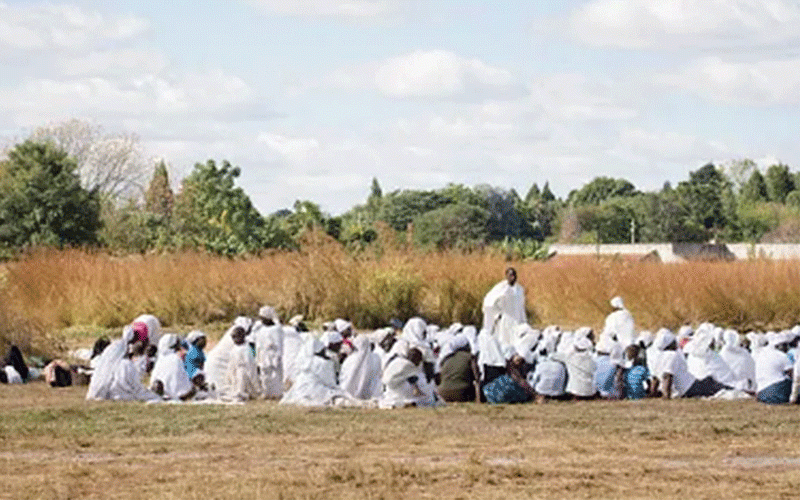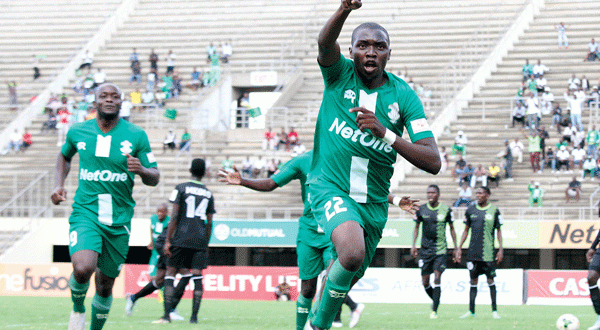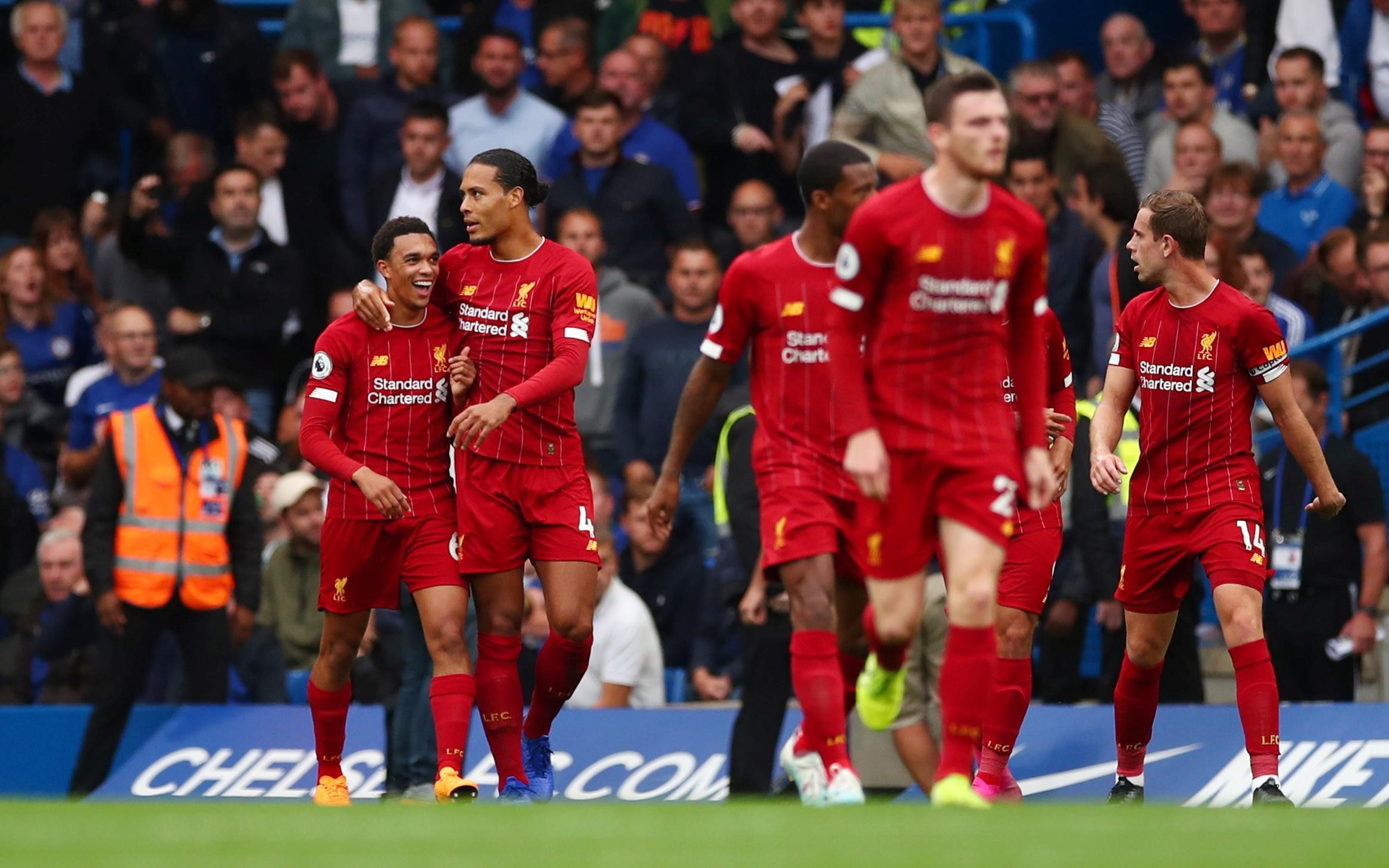
African sports have deep roots that stretch back hundreds of years through the continent's rich cultural heritage. These vibrant village games brought whole communities together. The games served as entertainment and played a vital role in deepening their commitment to community bonds and cultural values.
Traditional African games have endured since ancient times. Simple recreational activities transformed into well-laid-out sports. Ancient athletic traditions like wrestling and stick fighting became essential parts of community celebrations and rituals. The world has started to recognize these traditional African sports, especially through events like the African Games. These events showcase the continent's athletic talent and cultural diversity.
The sort of thing I love is how African sports have grown from their modest village beginnings to become significant today. Let's take a closer look at how these time-honored traditions continue to shape communities throughout Africa.
Village Games That Shaped CommunitiesTraditional African games are powerful tools that drive social development, education, and cultural preservation in village life. These time-honored activities help shape communities by encouraging connections and passing down essential values between generations.
Social importanceTraditional African games create vibrant spaces where communities come together and turn simple play into rich cultural experiences. Village evening matches burst with color and excitement, giving people a break from their daily challenges. These gatherings deepen social bonds as family members and neighbors join the festivities and become active participants.
Teaching life skillsVillage games do more than entertain - they excel as educational tools that develop physical and mental capabilities. Games like Oware help children become skilled at cognitive tasks through strategic thinking and arithmetic. These activities also build vital life skills such as:
- Self-efficacy and leadership
- Adaptive coping mechanisms
- Positive peer relationships
- Problem-solving abilities
Traditional sports activities have showed remarkable results in health promotion and disease prevention. Studies reveal substantial improvements in HIV-related knowledge, attitudes, and communication among young people who take part in sport-based health programs.
Building tribal bondsThese games strengthen tribal connections naturally through shared cultural experiences. Many African societies consider wrestling contests as central community events that feature ceremonial drumming and traditional dances. Such gatherings encourage relationships across generations and build respect for community elders.
- Mavhunga puts DeMbare into Chibuku quarterfinals
- Councils defy govt fire tender directive
- Ndiraya concerned as goals dry up
- DeMbare’s double boost
Keep Reading
Each game carries deep cultural meaning. To name just one example, see how the Morabaraba board game helped share cattle herding strategies in southern Africa, showing how games blend practical knowledge with cultural traditions. Ghana's ancient game Oware helped tribal leaders solve marital disputes, highlighting its role in community governance.
These games do more than provide recreation. They create environments where children develop strong cultural identities and learn essential values like happiness, freedom, friendship, democracy, responsibility, and obedience. Research confirms that these traditional activities reduce negative behaviors and encourage positive social interactions among players.
Village games continue to shape African communities through these multiple roles that preserve cultural heritage and encourage social unity. These traditional activities remain essential tools that teach, heal, and strengthen African society's foundation.
Traditional Sports EquipmentAncient African athletes made their sports equipment from natural materials they could easily find. Their remarkable creativity showed in how they made tools for sports and games. These handmade items shaped Africa's sporting traditions.
Natural materials usedAfrican craftsmen's resourcefulness shows in their choice of materials. Athletes played with balls made from hippopotamus hide or wood. Warriors and athletes across regions used shields made from different animal hides - buffalo, giraffe, and hippopotamus skin were the main choices.
Players showed amazing creativity when materials were hard to find. They made balls from bundled litter. Ethiopian craftsmen became known for their shield-making skills. They carefully pounded wet animal hide onto wooden forms to make strong protective gear.
Crafting techniquesMaking sports equipment needed skill and knowledge passed down through generations. Shield makers used advanced techniques:
- Luo craftsmen had a special way to join hide patches. They used a mix of honey, blood, and wax
- Maasai artisans added natural vegetable dyes to their buffalo hide shields. This mixed protection with art
- The Bakuba people made practice shields from rattan and wood to help warriors learn defense
Craftsmen started by picking the right materials. They chose specific tree branches to make bats and other playing tools. These old methods gave them strong, working equipment without modern manufacturing.
They also made special gear for different sports. The Hausa people created unique boxing equipment with special hand wraps for their traditional boxing style called Dambe. Players of Abula - a game like volleyball - used wooden paddles made just for their sport.
These old crafting methods show how African sports connected with nature. Some village teams still keep these ancient practices alive today. They often struggle to get proper equipment. Keeping these crafting techniques alive is vital to preserve traditional African sports' culture and authenticity.
Regional Sports VariationsTraditional sports throughout Africa showcase unique regional characteristics that reflect the continent's rich array of cultures. Each region treasures its sporting heritage, from ancient martial arts to ceremonial contests.
Northern African Styles – MoroccoIn Morocco, both modern and traditional sports play a significant role in daily life. Football is the most popular sport, but the country also has a rich tradition of horseback riding and martial arts. In the remote region of M’Hamid El Ghizlane, nomadic tribes play Akseltag, a traditional hockey variant where players use tree branch bats and balls made from dromedary hide. The game is played with seven players per team, and a referee, known as the "Sheik", ensures fair play.
Sub-Saharan Traditions – NigeriaNigeria is home to a fascinating mix of traditional and modern sports, with combat sports particularly prominent. The Hausa people of Northern Nigeria practice Dambe, an ancient form of boxing where fighters bind their dominant arms with rope, transforming their fists into makeshift clubs. This intense, ritualistic sport has evolved from a village tradition into a widely watched spectacle, often streamed online. Dambe matches, once simple entertainment, now attract serious betting and sponsorship.
East African Heritage – EthiopiaIn the highlands of Ethiopia, running is more than just a sport—it is a national tradition. The country has produced world-class long-distance runners such as Haile Gebrselassie and Kenenisa Bekele, whose dominance in international competitions has cemented Ethiopia’s reputation in athletics. Alongside modern sports, traditional games like Gena, a hockey-like sport played with curved sticks and a wooden ball during Orthodox Christmas, remain part of Ethiopian culture.Many fans engage with both local and international events through platforms like Melbet Ethiopia, which provides opportunities to stay connected to their favorite sports while embracing Ethiopia’s rich sporting heritage.
Coastal Region Games – KenyaKenya’s coastal communities have developed unique games that blend recreation with skill-building. The Swahili people of Mombasa and Lamu cherish Bao, a strategic board game requiring deep concentration and tactical thinking. The best players, called "bingwa" (champion) or "fundi" (artist), earn immense respect. Bao is played competitively in various tournaments across the region, helping preserve this intellectual tradition.
Island Sports Customs – Cape VerdeCape Verde, an island nation in the Atlantic, has a strong sporting culture influenced by its Portuguese heritage. Football dominates, but the islands also host unique events such as beach wrestling and canoe races. In 2019, the country hosted the first-ever African Beach Games on Sal Island, where athletes from 45 nations competed in 28 different sports. These games highlight the growing importance of coastal and island sports across Africa, blending tradition with modern competition.
Despite modernization pressures, African communities continue to preserve their sporting heritage through cultural festivals and tournaments. Events like official Bao competitions in Zanzibar and Lamu, traditional Dambe tournaments in Nigeria, and Ethiopia’s deep connection to long-distance running ensure that these traditions remain strong for future generations.
Preserving Ancient African SportsOrganizations and communities throughout Africa work hard to keep ancient sports alive. Their structured programs and celebrations help traditional games shape future generations and retain their cultural significance.
Cultural festivalsThe Indigenous Games Festival is the life-blood of traditional African sports preservation. This yearly South African celebration brings together different cultures to compete in nine indigenous games. The festival has brought games like Morabaraba, Dibeke, and Kho-Kho back to life and made them available to modern audiences.
Traditional sports festivals are more than athletic competitions. They create vibrant platforms that showcase cultural expression. These events help preserve and promote cultural heritage with traditional dances, rituals, and ceremonies. Communities use these gatherings to pass down values, stories, and historical knowledge to younger generations.
Youth programsThe Cultural Games Association (CGA) guides young people to connect with their sporting heritage. Their programs highlight health benefits and cultural awareness through traditional games like Ampe, Chaskele, and Push Boxing. These activities benefit youth development in several ways:
- Better motor and cognitive skills
- Deeper cultural roots
- Stronger community connections
- Improved mental health results
Organizations have adapted to modern times with digital solutions that preserve ancient games. The Open Educational Resource of Indigenous Games in Africa (OERiGA) project spans 11 African countries. They've created an innovative app to document traditional games. This digital platform helps teachers merge indigenous games into modern learning environments, which ensures their survival in the digital age.
The World Ethnosport Confederation actively works to preserve traditional sports. They emphasize children's participation as crucial. Their efforts help ancient games promote mutual respect between different cultures and societies. This deepens their commitment to national values and cultural identities.
ConclusionAfrican traditional sports showcase the continent's rich cultural heritage that connects ancient wisdom with modern athletics. These games emerged from village gatherings and continue to shape communities while teaching essential life skills to younger generations.
Modern sports might dominate worldwide attention, but traditional African games provide benefits that go way beyond physical activity. Each region of the continent has developed its own unique variations. These ancient practices have adapted to local cultures and created distinctive sporting traditions that mirror each community's values and needs.
Cultural festivals and youth programs help keep these traditional sports alive and relevant today. The Cultural Games Association and World Ethnosport Confederation protect this sporting heritage actively. They adapt ancient games for today's audiences while preserving their cultural essence.
Traditional African sports show us that athletics build stronger communities, preserve cultural identity, and connect generations through shared experiences. These ancient games continue to evolve and adapt, proving traditional wisdom remains incredibly valuable in today's world.










